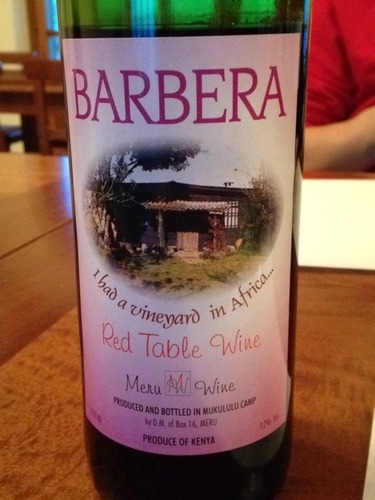Hills, hills and hills everywhere you look. Some small, some big, and they all join to form a breathtaking landscape that is Nyambene in Meru County.
When you visit the area, you must be prepared to traverse the hills.
That saps plenty of energy, but Seeds of Gold team was ready for the exercise as we tracked Fr Andrew Mbiko, a Catholic priest who manages a vineyard owned by the Meru Diocese.
After climbing and descending several hills, we met Fr Mbiko at Liliamba Experimental Farm examining grapes used for making wine.
With him were three farmers, who Fr Mbiko was teaching how to take care of the crops.
“They come here for lessons. Most people in Meru grow Miraa, but a good number are now planting grapes because we give them market,” said Fr Mbiko.
On the 20-acre vineyard in Liliamba village, Igembe Central Constituency, Fr Mbiko grows Camel of the Desert Grapes, which thrive well in semi-arid areas.
To grow grapes, explained Fr Mbiko, one plants cuttings in a three by three feet hole, in which soil has been mixed with manure.
One then erects wooden posts and puts a wire on them to support the creeping crops.
Grapes are harvested twice a year, in April/ May and November/December seasons.
They were introduced in Ruiri and Liliamba in Meru County by Consolata Missionaries in 1976.
According to Fr Mbiko, the missionaries imported the crops from Tanzania, where they were being grown by the Passionist Fathers.
A brother of the Consolata Missionaries then grafted them with others they had brought from Piemonte in Northern Italy to end up with the ones they currently grow.
Fr Mbiko said the church has specialised in the Camel of the Desert Grapes variety since they thrive in dry areas.
“A camel normally takes long before it gets thirsty. This crop takes long before it shows signs of withering. Just a little rain is enough since the roots go deep.”
more on nation.co.ke



